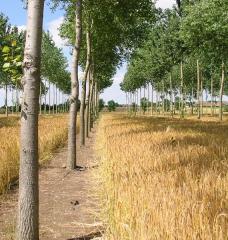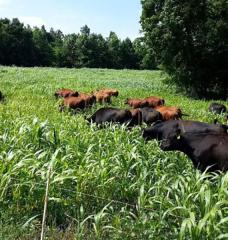
Among other devastating consequences, forest fires can often also result in logjams. However, not much is known about the effects of these logjams on the surrounding ecosystem. This article from MIT Technology Review discusses the findings of two researchers at Idaho State University, who have studied the behavior of logjams using a site on a tributary of the Middle Fork Salmon River as a test case.
Read the full article at: https://www.technologyreview.com/s/614724/logjams-arent-really-jammed-a…
Image by: Pär Pärsson / Unsplash






